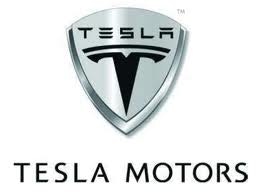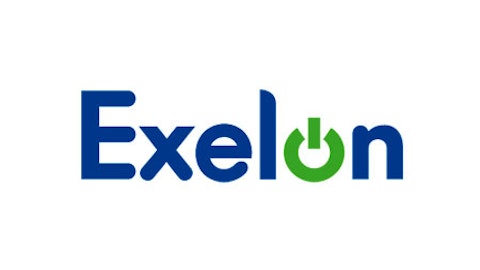Historical research from Schaeffer’s shows that stocks entering the Nasdaq-100 shouldn’t be bought at that point. Typically the best stock to buy is the one leaving an index such as the Nasdaq-100. In the normal scenario, a company that leaves such a big index has faced a couple of weak years and the exclusion from the list places extra pressure on the stock: in essence, a catalyst that helps form a bottom.
In the current scenario, is being added to the list while Oracle Corporation (NASDAQ:ORCL) is moving over to the NYSE effective July 15. In this case, the index isn’t providing the market with a removed stock to investigate for a purchase. It is though providing a major catalyst to help create a peak in Tesla Motors Inc (NASDAQ:TSLA). Ironically though, the price action of Oracle Corporation (NASDAQ:ORCL) would be ideal for a stock leaving the index to scoop up on the lows.
See the one-year chart below:
TSLA Total Return Price data by YCharts
Too much, too fast
Surging Tesla Motors Inc (NASDAQ:TSLA) has soared from below $40 when April ended to over $120 in around three months. The total gain in the last year is nearly 300%. Clearly investors need to be concerned about the stock moving up too much, too fast.
The producer of premium electric vehicles has hit huge momentum as surging oil prices make electric vehicles more attractive while surprising the market with some improved financials. Though the company reported a profit in Q1 2013, it ironically has seen analysts slash forward forecasts. In fact, the 2014 estimates have plunged in the last 90 days from $1.47 to only $0.86. Investors clearly doubted whether the company would ever turn profitable to ramp up the stock on declining expectations. Longs need to be concerned whether the higher stock price will find support if the company struggles to report strong earnings.
Any pop into the Nasdaq-100 inclusion could further strengthen the potential downside if the bubble ever pops.
Oracle removal
Removing Oracle Corporation (NASDAQ:ORCL) at the bottom sums up one of the biggest issues with indexes in general. While the enterprise software stock isn’t terribly volatile these days with a market cap over $140 billion, it is still trading at the low end of the range following an earnings warning back in June. The stock is only down about 15% from the highs, but it is closer to the yearly lows.
Technically the Nasdaq doesn’t have any choice other than to replace Oracle, considering it is moving to the NYSE. With the stock trading below 10 times forward earnings, it sure makes the index less attractive, adding the very expensive and volatile Tesla Motors Inc (NASDAQ:TSLA) after massive gains. Also, Oracle isn’t down the drastic 30% or 40% as with normal Nasdaq-100 removals so investors don’t get the fire sale stock to buy either.
A prime example from the December 24, 2012 rebalancing that backs the Schaeffer research was the addition of Equinix Inc (NASDAQ:EQIX) and removal of Netflix, Inc. (NASDAQ:NFLX). At the time, the data center stock of Equinix was on a hot streak while the streaming video of Netflix had hit a major roadblock.
Equinix Inc (NASDAQ:EQIX) had surged roughly 150% in the previous 18 months while Netflix, Inc. (NASDAQ:NFLX) had plunged a similar amount. After roughly six months in the updated index, the stocks are back to roughly equal gains of over 100% in the last two years. Naturally every example isn’t as drastic as this one, but it is a great example of why investors will do well to make the opposite move of a major index.
EQIX Total Return Price data by YCharts
Bottom line
Detailed analysis and even common sense suggest that buying a stock added to a major index is a recipe for a disaster in a portfolio. The Equinix Inc (NASDAQ:EQIX) and Netflix, Inc. (NASDAQ:NFLX) examples are prime reasons why investors shouldn’t rush into Tesla Motors Inc (NASDAQ:TSLA) now. On top of history suggesting the Nasdaq-100 inclusion is not the time to load up on a stock, the fundamentals aren’t actually improving for the company. Investors continue to look into the distant future and ignore the obvious declines in real numbers.
Mark Holder and Stone Fox Capital Advisors, LLC have no positions in any stocks mentioned. The Motley Fool owns shares of Oracle.. Mark is a member of The Motley Fool Blog Network — entries represent the personal opinion of the blogger and are not formally edited.
The article Tesla Finally Peaking on Nasdaq-100 Inclusion originally appeared on Fool.com is written by Mark Holder.
Copyright © 1995 – 2013 The Motley Fool, LLC. All rights reserved. The Motley Fool has a disclosure policy.








